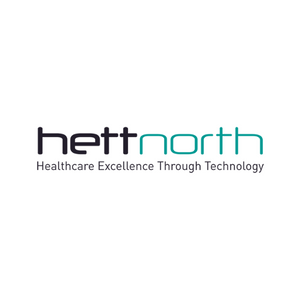Written by Storetec
NHS in the News
The recent conviction of a former NHS employee for illegally accessing the medical records of over 150 individuals emphasises the critical importance of secure document management within healthcare organisations. Their actions serve as a reminder of the need for stringent access controls and robust data security measures to safeguard patient privacy. At Storetec Services, we recognise the significance of these challenges and offer tailored solutions, including document scanning, access controls, and data security, to help healthcare institutions maintain the integrity and confidentiality of patient records while ensuring that access is limited to authorised and legitimate purposes.
When Did Medical Records Go Digital?
The transition from paper-based to digital medical records began to gain substantial traction in the early 21st century, notably in the 2000s, with government incentives and technological advancements driving the adoption of Electronic Health Records (EHRs) in the NHS organisations. This marked a significant step toward digitising medical records. This transition has since improved data accessibility, streamlined healthcare operations, and enhanced patient care coordination, contributing to the modernisation of the British healthcare system.
Reasons for Digitising Medical Records
Improved Healthcare
Digital medical records enable healthcare professionals to access patient information quickly and efficiently, leading to more informed decisions and improved patient care. Digital records provide a comprehensive view of a patient's medical history, aiding in accurate diagnosis and treatment.
Time & Cost Saving
Digital records reduce the time and resources spent on manual record-keeping, such as filing, retrieving, and transcribing paper records. This efficiency translates into cost savings for healthcare organisations, allowing them to allocate resources to patient care.
Medical Record Compliance
Digitising medical records helps healthcare institutions comply with regulatory requirements and standards. Electronic Health Records (EHRs) often are encrypted and access controlled to protect patient data, ensuring compliance with data protection laws and privacy regulations.
NHS Ransomware Attack
The NHS ransomware attack in 2017 highlighted the vulnerability of healthcare systems to cyber threats. Storetec's cloud hosting system, FreeDocs, prioritises cyber security. Hosted on a UK-based server, FreeDocs uses robust encryption of data in transit and at rest, access controls, and regular security audits and cyber security penetration testing to safeguard patient data and prevent such attacks in the future. Our commitment to data security is demonstrated through our ISO 27001, ISO 22301, and Cyber Essentials Plus accreditations, so you can rest assured that your data is in good hands.
Find out More about Storetec Solutions
In conclusion, the shift to digital medical records offers tangible benefits, from improved healthcare and cost savings to enhanced compliance and cybersecurity. Storetec provides comprehensive solutions to address these challenges, including medical record scanning and cloud document management with FreeDocs.
Find out more about Storetec at HETT North on the all-new Innovation Trail, or explore our services to modernise your healthcare document management practices and ensure the integrity and security of patient records.
%20(1).png?width=500&height=58&name=HETT%20insights%20logo%20RGB-04%20(1)%20(1).png)


